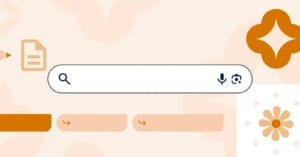
Google Now Lets You Generate AI Images Directly From the Search Bar
Those signed up to Labs and its Search Generative Experience (SGE) can now prompt Google's ubiquitous Search bar to create AI-generated images.

Those signed up to Labs and its Search Generative Experience (SGE) can now prompt Google's ubiquitous Search bar to create AI-generated images.

Amazon has unveiled new search features meant to make finding products on mobile easier, all while keeping pace with services like Google and Pinterest.
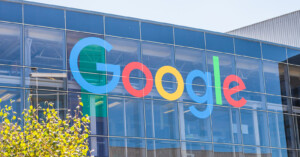
Google announced Thursday upcoming changes for explicit image search results. These updates affect both how users search and what information can be found on a person.

As part of several initiatives being brought forward today, which is Safer Internet Day, Google will expand its SafeSearch settings in Google Image Search and will automatically blur explicit imagery even when SafeSearch isn't turned on.
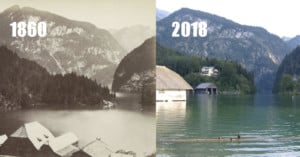
Image search technology is evolving to a point where researchers can gather information on old photos that was previously impossible to attain.
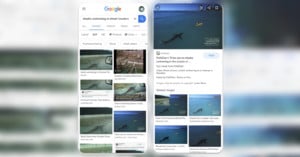
In big tech's continuing battle against the scourge of so-called "fake news" and manipulated imagery used to trick people online, Google has just added a major update to Google Image search: fact checking.
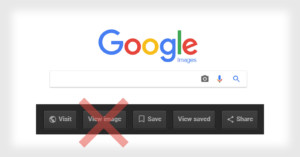
Google has removed the "View Image" button from its Image Search results that had allowed anyone to quickly download the original image file while bypassing the host webpage. This is a step Google is taking to help protect photographers' copyrights.
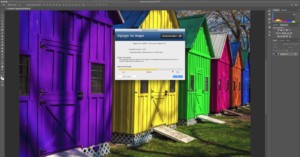
If you're posting your images online with any sort of regularity, they're probably being stolen from time to time—it's an unfortunate reality of the digital age. And so, photographer Anthony Morganti decided to create this video and share 3 basic ways to search for and find your stolen photos online.
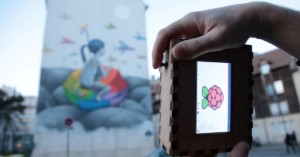
This strange Raspberry Pi-powered DIY-camera isn't really a camera at all... at least not in the traditional sense. When you press the shutter, instead of showing you the picture you just took, it shows you a similar photo from the Internet instead.
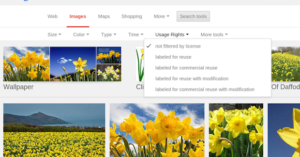
In a move that will be popular with many bloggers and, perhaps, less popular with many photographers, Google …
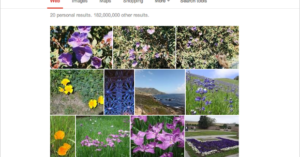
Right after Google I/O wrapped up in May, we shared the news that Google's personal image search had just gotten a whole lot better. The tech giant claimed that you could now search through yours and your friends photos based on visual content, even if the photos themselves weren't labeled or tagged.
At the time, all we knew was that the system used "computer vision and machine learning" to detect subjects like "flowers," "food" or "car" and generate searchable tag data that makes your photos easier to find. Now, thanks to Google's Research blog, we're getting a bit more detail on the tech under the hood.

Google I/O brought with it a lot of exciting updates for Google+, not the least of which were a slew of automatic improvements to Google+ Photos including Auto Highlight, Auto Enhance and Auto Awesome. But the updates didn't stop when I/O ended last Friday.
Today, Google's Search blog announced that the company has started implementing some impressive technology that will allow you to search for your photos based on what they contain visually, even if there's not a tag in sight.
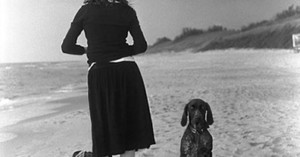
Do a search for "Henri Cartier-Bresson" using Google's image search engine, and the photograph above is one of the results that pops up. Dig a little deeper into the results, and you'll learn that it's a photo by Cartier-Bresson showing French actress Isabelle Huppert.
Problem is, that's all wrong. The woman in the photo isn't Isabelle Huppert, and the photograph wasn't snapped by the father of modern photojournalism.
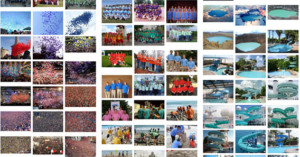
I'm Google is an interesting Tumblr blog started in 2011 by Baltimore-based artist Dina Kelberman. It's a running blog collage comprising Google Image Search photographs and YouTube videos. Kelberman writes that the content is compiled into a "long stream-of-consciousness": as you scroll down through the seemingly-never-ending flow of imagery, you'll notice that the sections of similar images flow seamlessly from one to another based on form, composition, color, and theme.
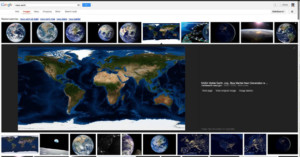
Google's Images search engine is a useful tool for photographers in a number of ways. Search for a particular type of assignment or a theme, and you can browse through an ocean of inspiring photographs. Do a reverse search on your own photo, and you can look up whether it has been used without your permission online.
To make your image searching experience even more powerful and friendly, Google has been working on a significant redesign that aims to improve speed and usability.
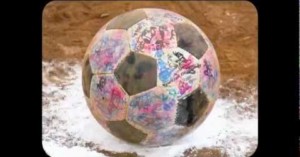
Filmmaker Daniel Mercadante and his team at Everynone created this short film titled "Ball" using hundreds of photographs of spherical objects found through Google Image Search. The images are grouped by themes that beautifully transition from one to another.
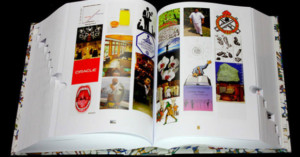
General consensus seems to be that a picture is worth a thousand words, in which case Ben West and Felix Heyes' unique take on the dictionary, complete with 21,000 entries, metaphorically contains closer to 21,000,000 words worth of content. That's because their dictionary doesn't hold a single word, only the first Google image search result for every word you might find in your regular Webster's.